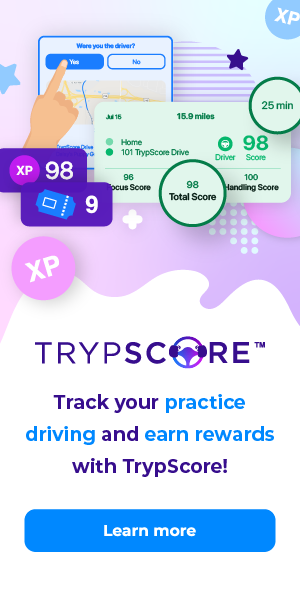How to fix ICBC: Use a carrot or stick?

The rising cost of repairing modern vehicles means the province needs to change the way it funds ICBC, Steve Wallace writes.
What do you think would happen if the typical driver were compelled to take a driving test because of an accumulation of penalty points, fines or blamable vehicle crashes?
The typical driver would fail, miserably.
Stopping in an inappropriate manner, missed shoulder checks and slight speed violations in play and school zones result in a failure on the provincial road test.
Would the threat of such a requalification practical driving road test be enough to strike fear into the hearts of those drivers with a history of poor driving habits?
Are threats and penalties the answer in addressing poor performance behind the wheel?
Would it be better to provide incentives rather than increasing the penalties?
In short, should relevant authorities offer the carrot or use the stick?
Experienced drivers already get significant financial discounts for remaining crash-free.
This well-intentioned program could be enhanced.
Who would pay for this enhancement?
How about the drivers who cause multiple crashes?
Shouldn’t they make up the difference? Huge fines levied for poor driving are not always the most dramatic
attempt to modify or change bad driving behaviour.
It is a factor for most drivers, but no more than an irritant for the extremely wealthy.
The loss of a driving privilege and the possibility of a mandatory road test might very well do more to modify bad driving behaviour than aggressive financial deterrents.
New drivers are automatically put into the Graduated Licensing Program.
This GLP consists of a minimum year-long learning (L) phase, and a further two-year new driver (N) phase.
New drivers can reduce this three-year period by six months, when successfully completing a special graduated licensing course.
This carrot seemed to be a viable incentive when first offered about 20 years ago.
It no longer has the same value to new drivers.
In fact, the number of students taking the GLC has steadily declined since its first offering.
More than 15,000 students a year attended and successfully completed this course when it was first presented.
It now only attracts about a third that number.
There needs to be an increased incentive, or carrot, offered to those new drivers completing this course.
It is arguably the best course of its kind in North America.
New drivers who complete the GLC must still take the second road test, even though they have already proved their skill and safety at highway speeds within the course curriculum.
The average new driver does not have to drive at speeds beyond 50 km/h on the initial driver’s road test.
Why not waive the second road test for GLC students?
This would provide an additional incentive for those completing the GLC and perhaps increase the attendance numbers.
This step might also reduce the lengthy wait times for a road test.
ICBC is in a financial bind.
Its losses are mounting, and claims are up dramatically. It costs much more to repair modern state-ofthe-art vehicles than in past years.
Successive provincial governments of both stripes have raided the coffers of ICBC to their own advantage for decades.
Now those coffers are empty.
A very large deficit is forecast at ICBC this year.
There will likely be no financial dividend from the ICBC surplus forwarded to the provincial treasury anytime soon.
This practice should end now, never to return, for obvious reasons.
It is more important than ever before to address the financial shortcomings of our insurance corporation by skilfully employing the carrot and the stick, namely incentives and penalties to that end.
Suggestions are welcome. Let’s give some positive advice to those with the power to act.


